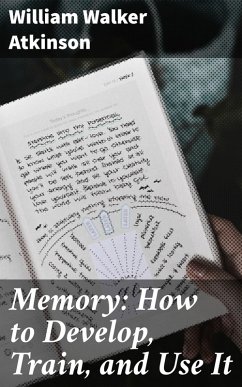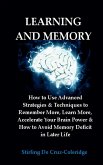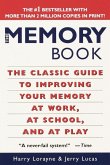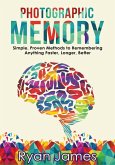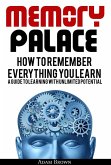In William Walker Atkinson's book 'Memory: How to Develop, Train, and Use It', the author delves into the intricacies of memory and provides practical techniques for enhancing one's memory capacity and recall abilities. Written in a straightforward and accessible style, the book combines scientific research with Atkinson's own experiences to offer a comprehensive guide to memory improvement. Atkinson explores the ways in which memory functions, from encoding information to retrieval processes, making it an invaluable resource for readers seeking to optimize their cognitive abilities. Drawing on both psychology and self-help literature, Atkinson's work stands out as a pioneering text in the field of memory enhancement. Through detailed explanations and practical exercises, readers are equipped with the tools necessary to harness the power of their memory and unlock its full potential. William Walker Atkinson, a prominent figure in the New Thought movement, was known for his prolific literary output on subjects ranging from mentalism to personal development. His deep fascination with the workings of the mind and human potential likely motivated him to explore memory improvement in his book. Atkinson's background in psychology and interest in self-improvement undoubtedly influenced the creation of 'Memory: How to Develop, Train, and Use It', positioning him as a leading authority on the topic. I highly recommend 'Memory: How to Develop, Train, and Use It' to anyone looking to enhance their memory skills and cognitive performance. Atkinson's comprehensive approach, supported by practical exercises, offers readers a roadmap to unlocking the full potential of their memory. Whether you're a student aiming to improve your study habits or a professional seeking to boost your recall abilities, this book provides valuable insights and techniques that can benefit individuals from all walks of life.
Dieser Download kann aus rechtlichen Gründen nur mit Rechnungsadresse in A, B, BG, CY, CZ, D, DK, EW, E, FIN, F, GR, H, IRL, I, LT, L, LR, M, NL, PL, P, R, S, SLO, SK ausgeliefert werden.

